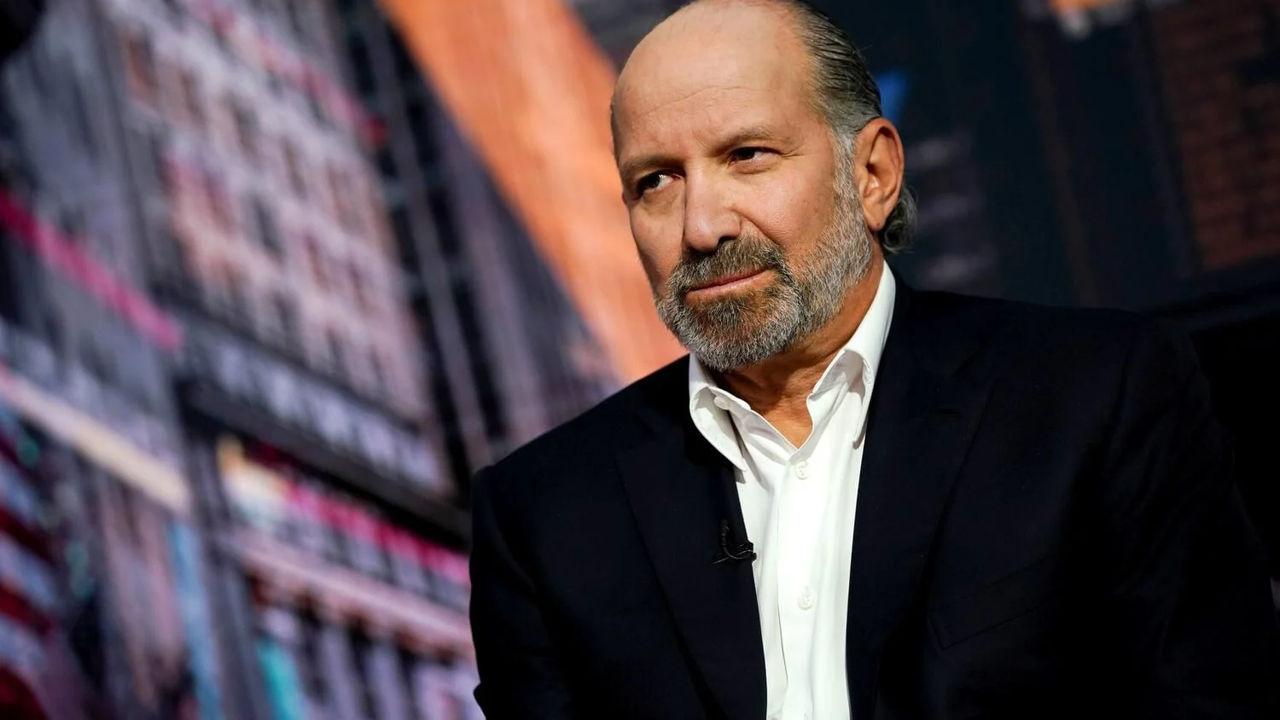US Commerce Secretary Defends Trump’s Trade Policy: “Even If It Causes a Recession, It’s Worth It”

In a bold and controversial statement, the US Commerce Secretary has declared that former President Donald Trump’s trade policies are worth the potential economic fallout—even if they trigger a recession. This remark has sparked intense debate among economists, policymakers, and the public, as the US continues to grapple with the long-term effects of Trump’s aggressive trade strategies. But what exactly does this mean for the economy, and why is the Commerce Secretary standing firm on such a contentious position?
Trump’s Trade Policy: A Recap
During his presidency, Donald Trump implemented a series of protectionist trade policies aimed at bolstering US industries and reducing the trade deficit. Key measures included imposing tariffs on Chinese goods, renegotiating trade deals like NAFTA (replaced by the USMCA), and targeting allies such as Canada and the European Union with steel and aluminum tariffs. While these policies were praised by some for protecting American jobs, they were criticized by others for escalating trade tensions and disrupting global supply chains.
The Commerce Secretary’s Defense
The US Commerce Secretary’s recent statement underscores the administration’s belief in the long-term benefits of Trump’s trade policies. According to the Secretary, the short-term pain—including the risk of a recession—is justified by the potential for a stronger, more self-reliant US economy. The argument is that by protecting domestic industries and reducing reliance on foreign goods, the US can create a more sustainable economic foundation.
However, this stance has drawn criticism from economists who argue that the costs of such policies outweigh the benefits. Tariffs can lead to higher prices for consumers, strained international relationships, and reduced economic growth. The possibility of a recession, even if deemed “worth it” by some, raises serious concerns about the impact on jobs, businesses, and overall economic stability.
The Recession Debate
The mention of a potential recession has reignited fears about the fragility of the US economy. While the country has shown resilience in recent years, the combination of trade tensions, inflation, and global uncertainty has created a precarious environment. A recession could lead to widespread job losses, decreased consumer spending, and a slowdown in economic activity—outcomes that would have far-reaching consequences.
Critics of the Commerce Secretary’s statement argue that no trade policy is worth the human and economic cost of a recession. They emphasize the need for balanced, forward-thinking strategies that promote growth without jeopardizing stability.
What Does This Mean for the Future?
The Commerce Secretary’s remarks highlight the ongoing divide in US trade policy. On one side are those who believe in aggressive protectionism to safeguard domestic industries. On the other are advocates for free trade and global cooperation, who argue that isolationist policies can do more harm than good.
As the US navigates these competing visions, the impact on businesses, consumers, and the global economy remains uncertain. One thing is clear: the debate over trade policy is far from over, and its outcomes will shape the economic landscape for years to come.
Final Thoughts
The US Commerce Secretary’s defense of Trump’s trade policies, even at the risk of a recession, is a provocative stance that underscores the high stakes of economic decision-making. While the long-term benefits of such policies are debatable, the potential short-term consequences are undeniable. As the US continues to weigh its trade priorities, the balance between protectionism and global cooperation will remain a critical issue for policymakers and citizens alike.
#USTradePolicy #Trump #Recession #CommerceSecretary #Economy #TradeWar #Tariffs #EconomicPolicy #USChinaTrade #GlobalEconomy #TradeDebate #EconomicGrowth #Protectionism







